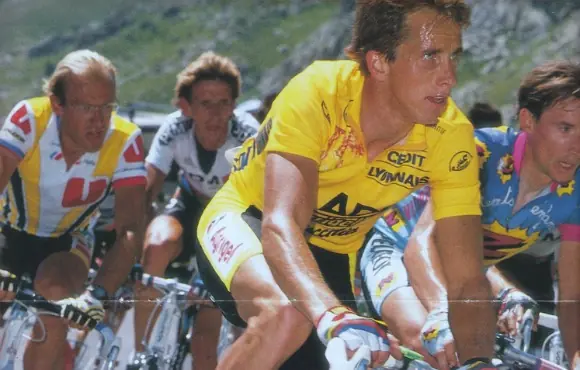August
The original plan was to race the MSC Snowmass event, then the final MSC event at Sol Vista. An opportunity came up to race the week-long Breck Epic in Breckenridge, Colorado and we decided to use it as a big training week prior to the final race of the season.
After a big recovery week to prepare for Breck, car trouble ended Ernie's chance to even start the Breck Epic. Instead of Breck Epic, we decided to do our own big training week. This was Ernie's biggest training week of the year at 16.5 hours. Workouts within that week had specific goals that included sustained threshold pace on specific climbs, mixed intensity rides with race strategy focus and aerobic-intensity-only rides.
This huge training week was followed by a recovery week that included some intensity and reduced volume to 8.5 hours of training for the week. The week following the recovery week was race week, heading into the final race of the MSC series. Ernie needed another consistent performance, a good performance, to secure the title for the overall series.
He indeed had a great race, finishing first in the short track event and second in the cross country event. This one-two punch performance along with his consistent top 5 and top 10 finishes earned him the title of overall series winner.
Weekly training volume: 7:30 to 16:30
Take Away Messages for You
Some of the key take away messages that you can apply to your own training are:
- Long-term racing success does not always go to the person that trains the most hours.
- If the race season is long and success depends on consistent performance, training intensity needs to be metered so that structured anaerobic capacity intervals come late in the season.
- Consider using short, high-power intervals with very generous recovery intervals (miracle intervals) to boost fitness.
- Getting sick doesn't have to mean your season is over.
- Keep training mostly aerobic and cut volume at times when life is stressful.
- Keep lactate threshold intervals short to keep average power output and enthusiasm high.
- A winning, can-do attitude is essential for long term success and it is essential to overcoming race day, and life, adversity.
- Manipulate training volume and intensity to stress your body and then plan reduced training weeks so you can absorb training and become a faster athlete.
- Crash training blocks can be included two or three weeks out from key events if the right recovery is planned.
- Don't binge on training volume and intensity following illness.
- Plan to do two and no more than four stressful training days and/or races per week.
- Anyone can train "hard", not everyone goes fast. Going fast requires the appropriate amount of planned stress and recovery.
You can follow Ernie on Twitter: @earnestbuck
 Ready to ride? Search for a cycling event.
Ready to ride? Search for a cycling event.- 4
- of
- 4
About the Author









Discuss This Article